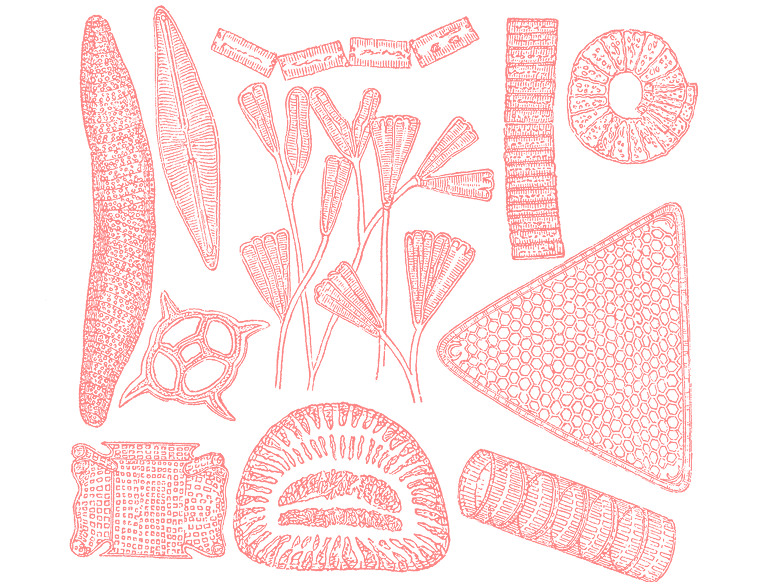
We empower the tiny mighty plankton
We have a problem.
We are one minute to midnight.
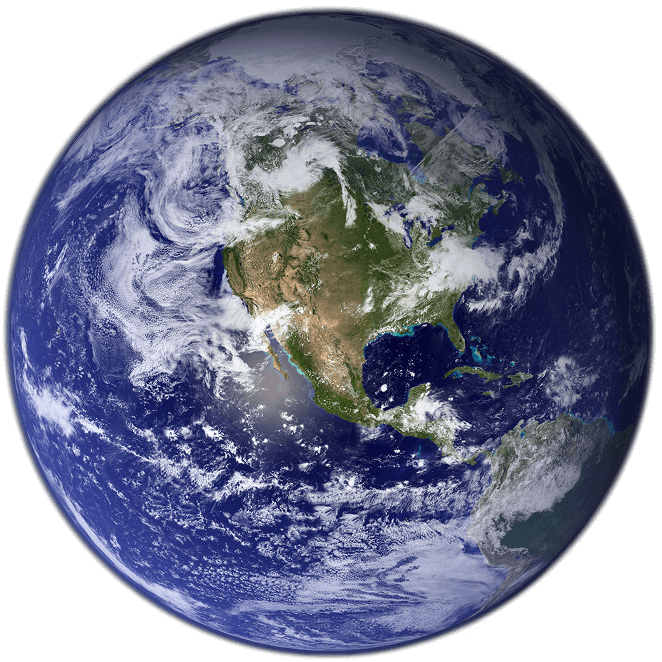
Humanity has destroyed natural environments, climate and biodiversity.
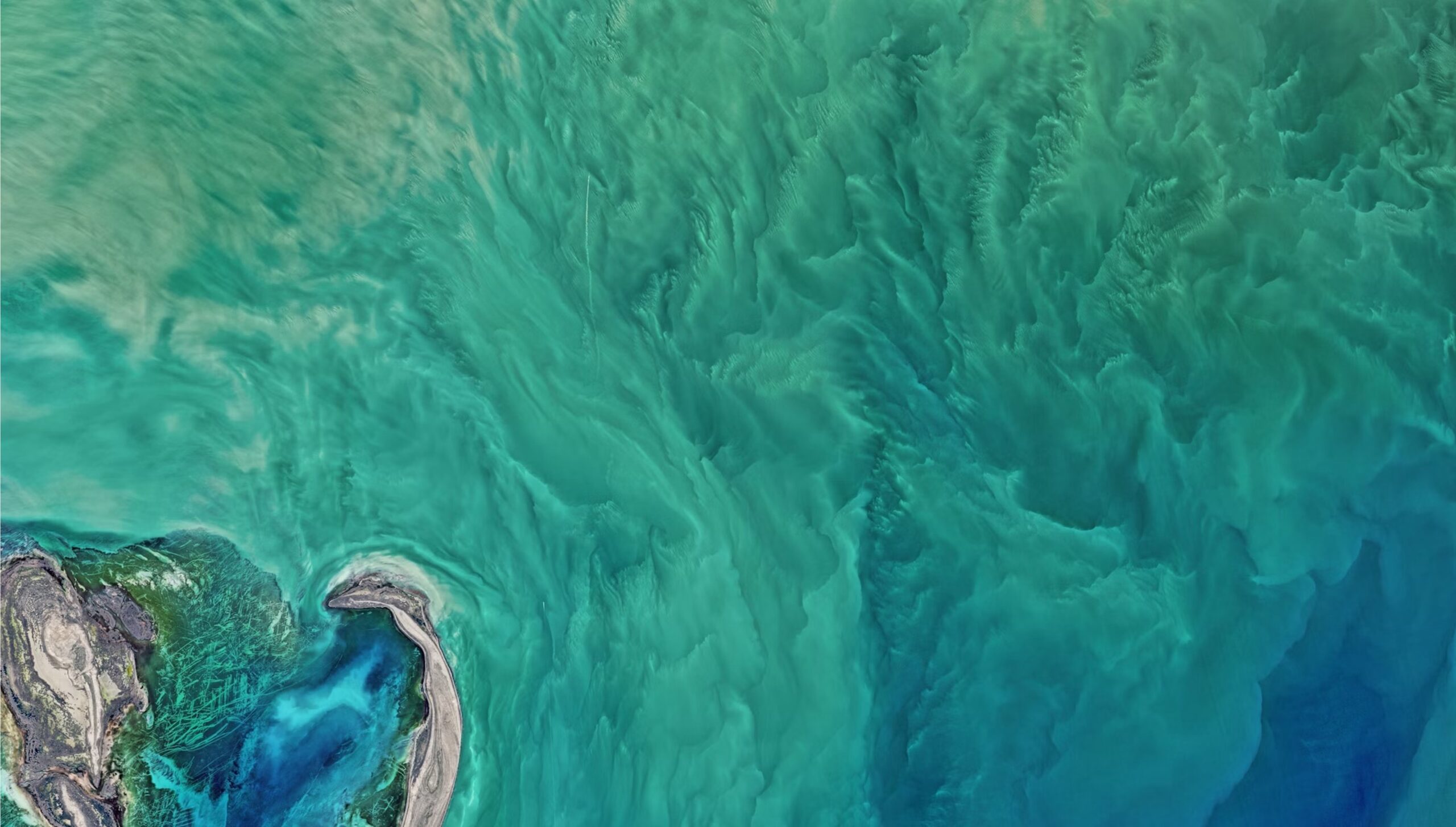
Our time to act is now.
Everything is connected.
We are going towards a vicious downward spiral.
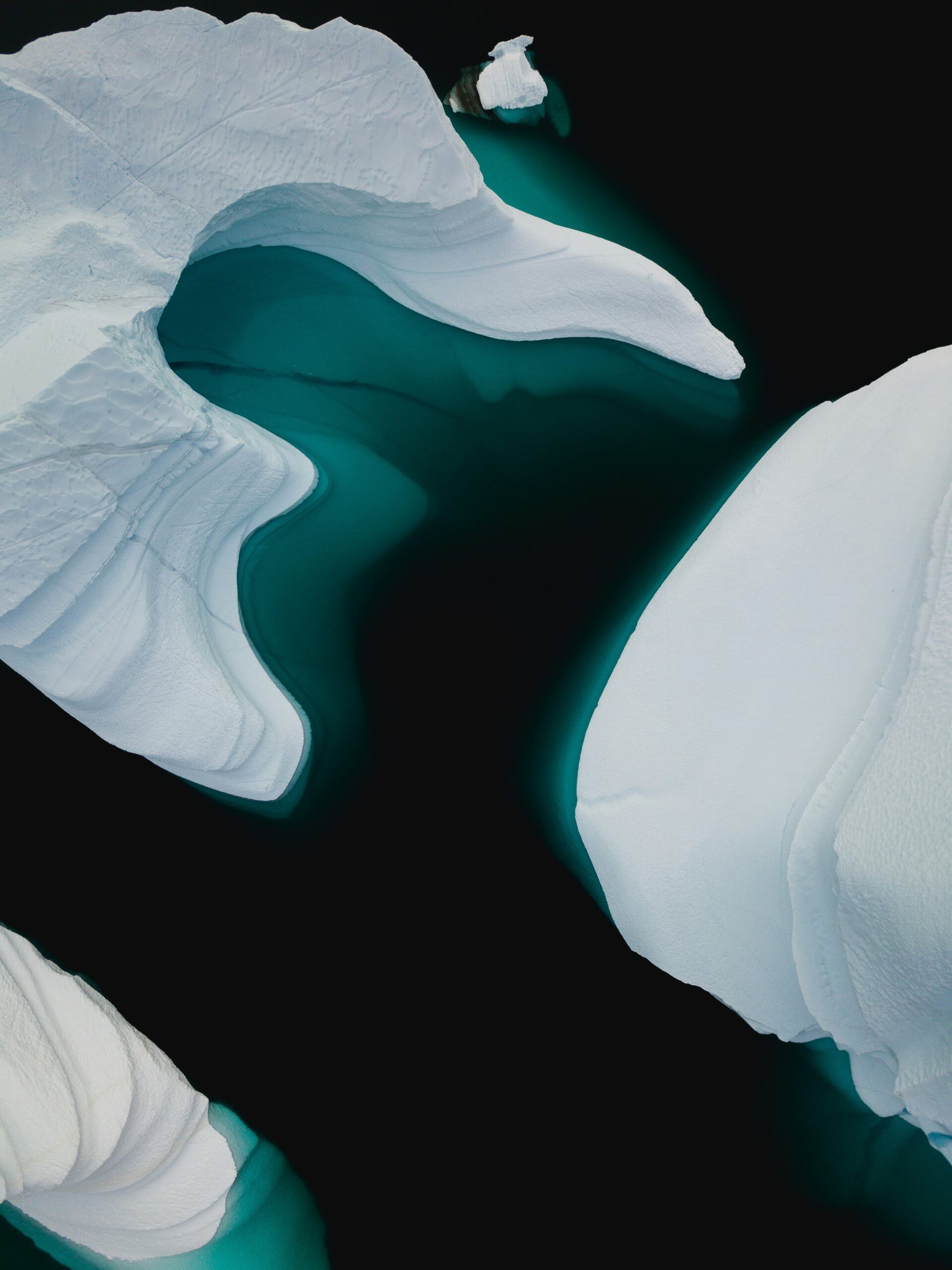
Heating
Our Earth is heating up by 13 Hiroshimas per second due to lack of albedo, as glaciers are melting and clouds have disappeared.
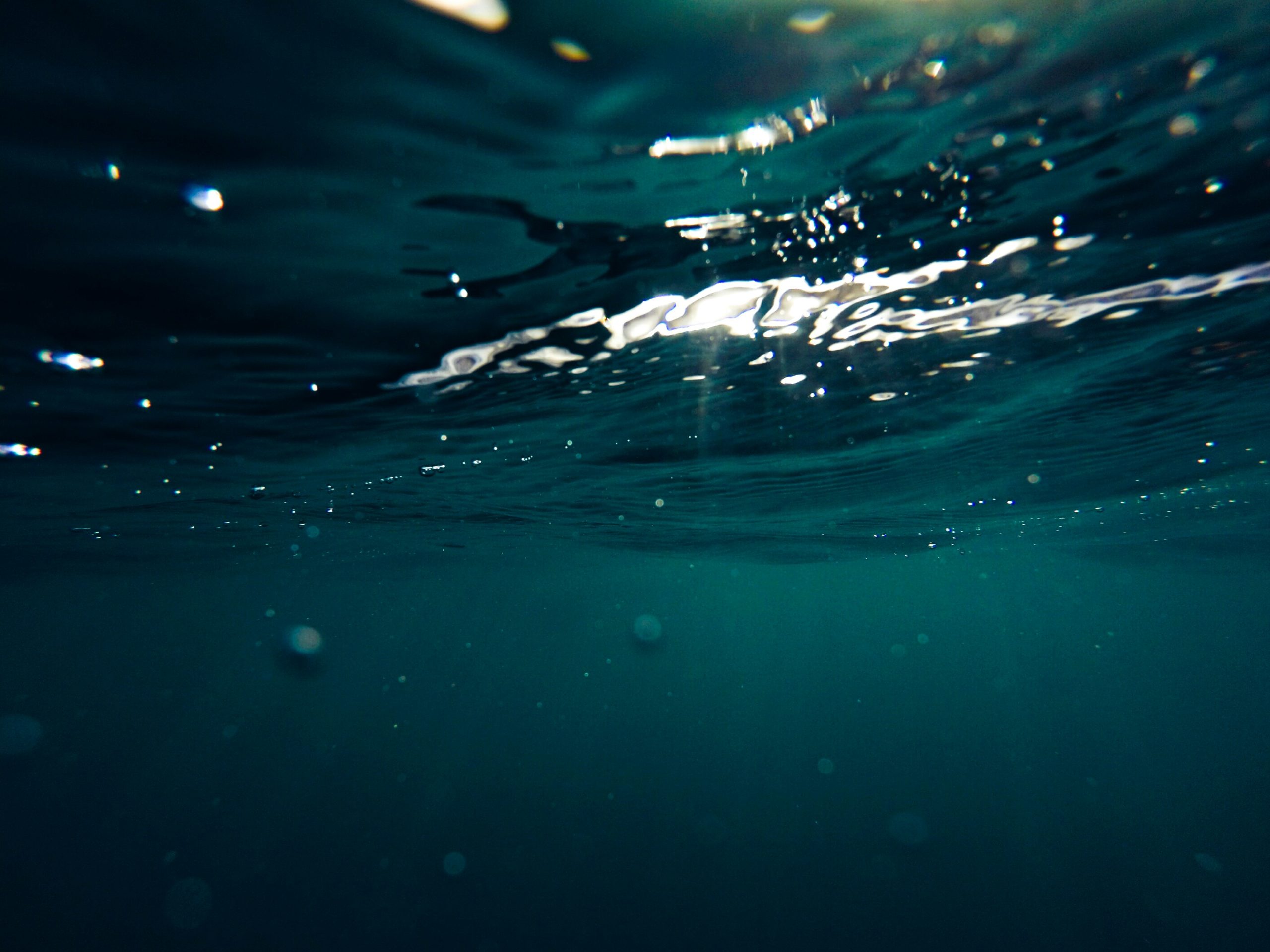
Acidification
Our oceans are acidifying due to CO2 absorbing into water.
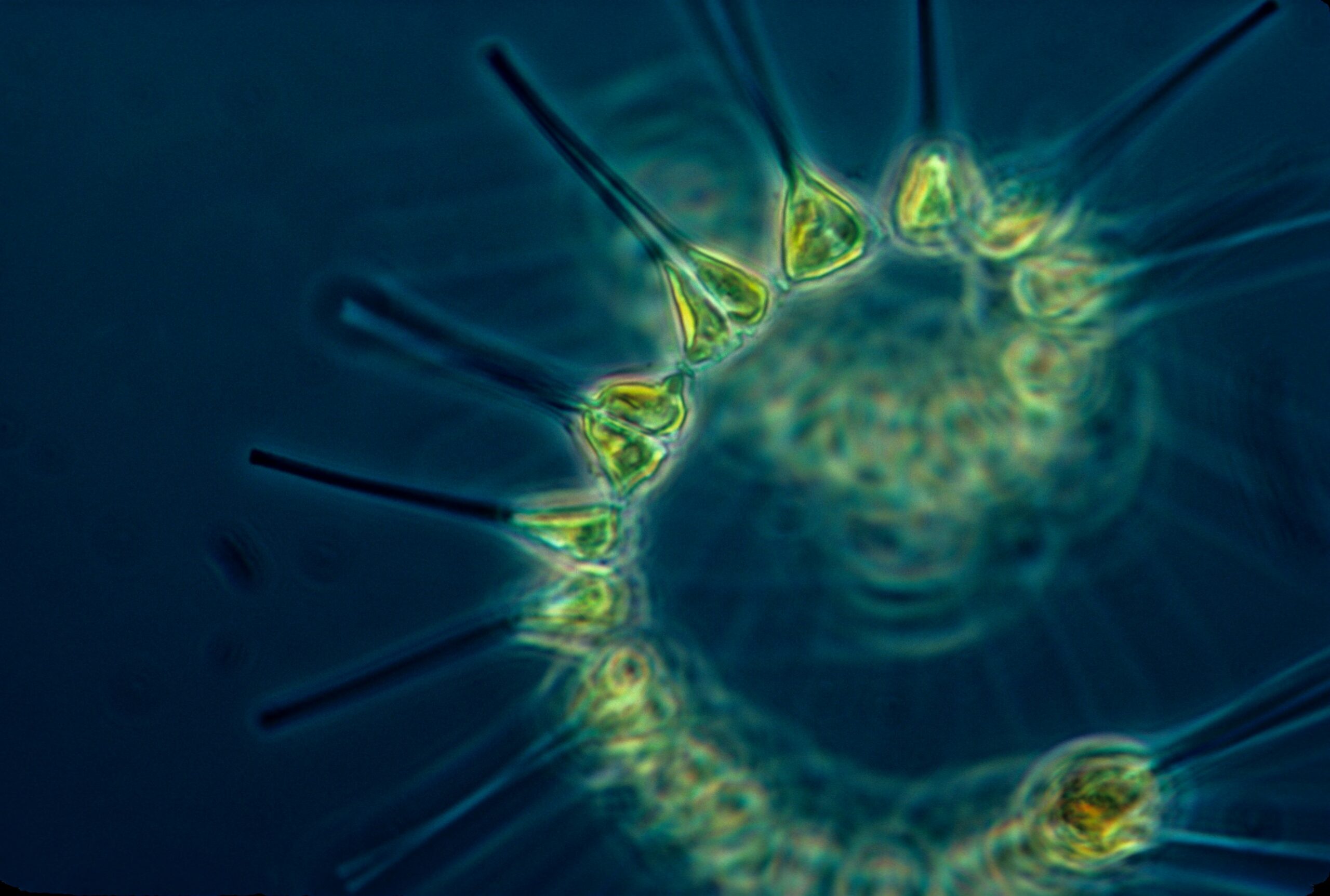
Biodiversity loss
Our oceans have lost 50-90% of biodiversity and life due to pollution, over-fishing and starvation.
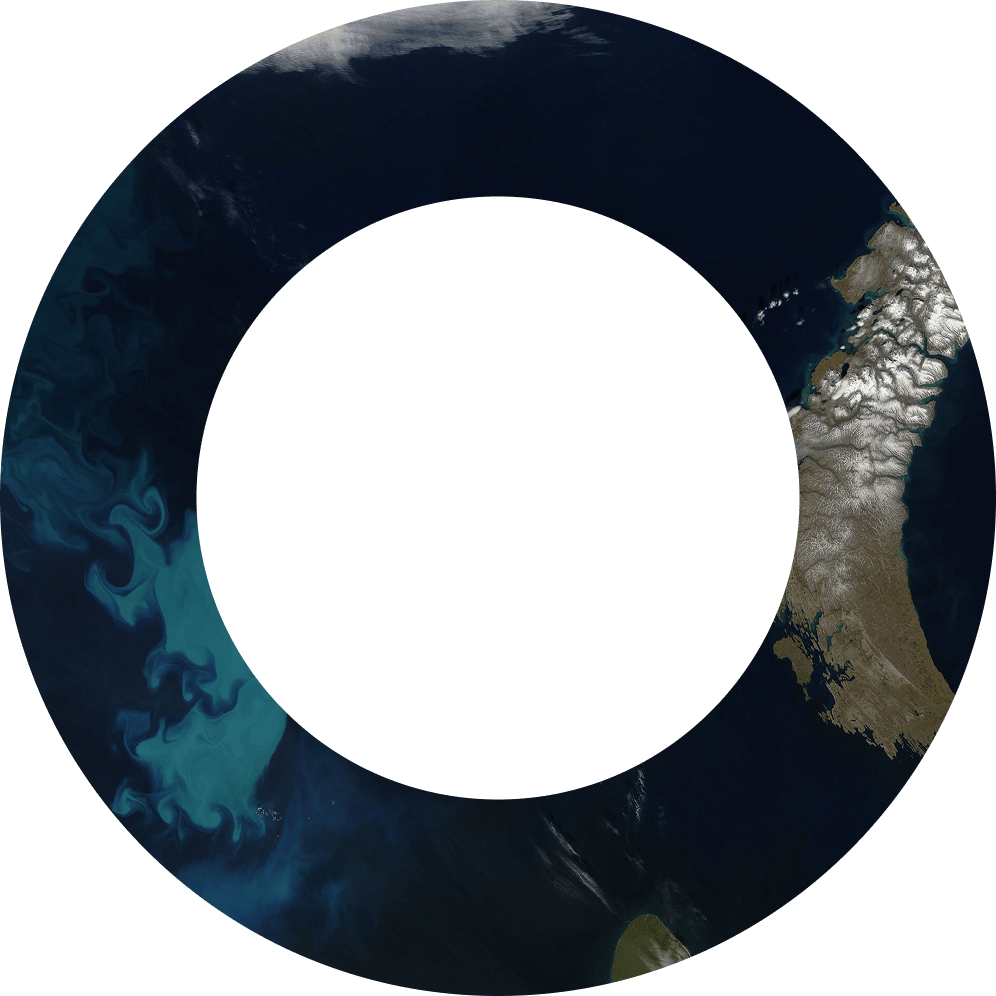
WHAT IF WE COULD CATALYZE THE REGENERATIVE POWER OF NATURE?
We have a solution:
We harness plankton to do what it’s best at: to capture carbon and boost oxygen.
Nature has created the perfect carbon removal mechanism, known as the biological carbon pump.
Tiny phytoplankton converts CO2 into biomass and oxygen. This is the beginning of the food chain.
Due to humans, the carbon pump has been disrupted.
We have a way to turn this around.
Our goals
1
Contribute to removing the excess >2 teratons of CO2 from the atmosphere.
2
Develop phytoplankton-based carbon removal methods that biomimic the ocean’s natural carbon cycle.
3
Develop global regulation and standardization to conduct phytoplankton-based carbon dioxide removal in a safe and controlled manner.
Catalyzing photosynthesis provides multiple benefits.
Phytoplankton-based carbon removal such as ocean iron fertilization is one of the most scalable, impactful, and cost-efficient solutions to address climate change & biodiversity loss.
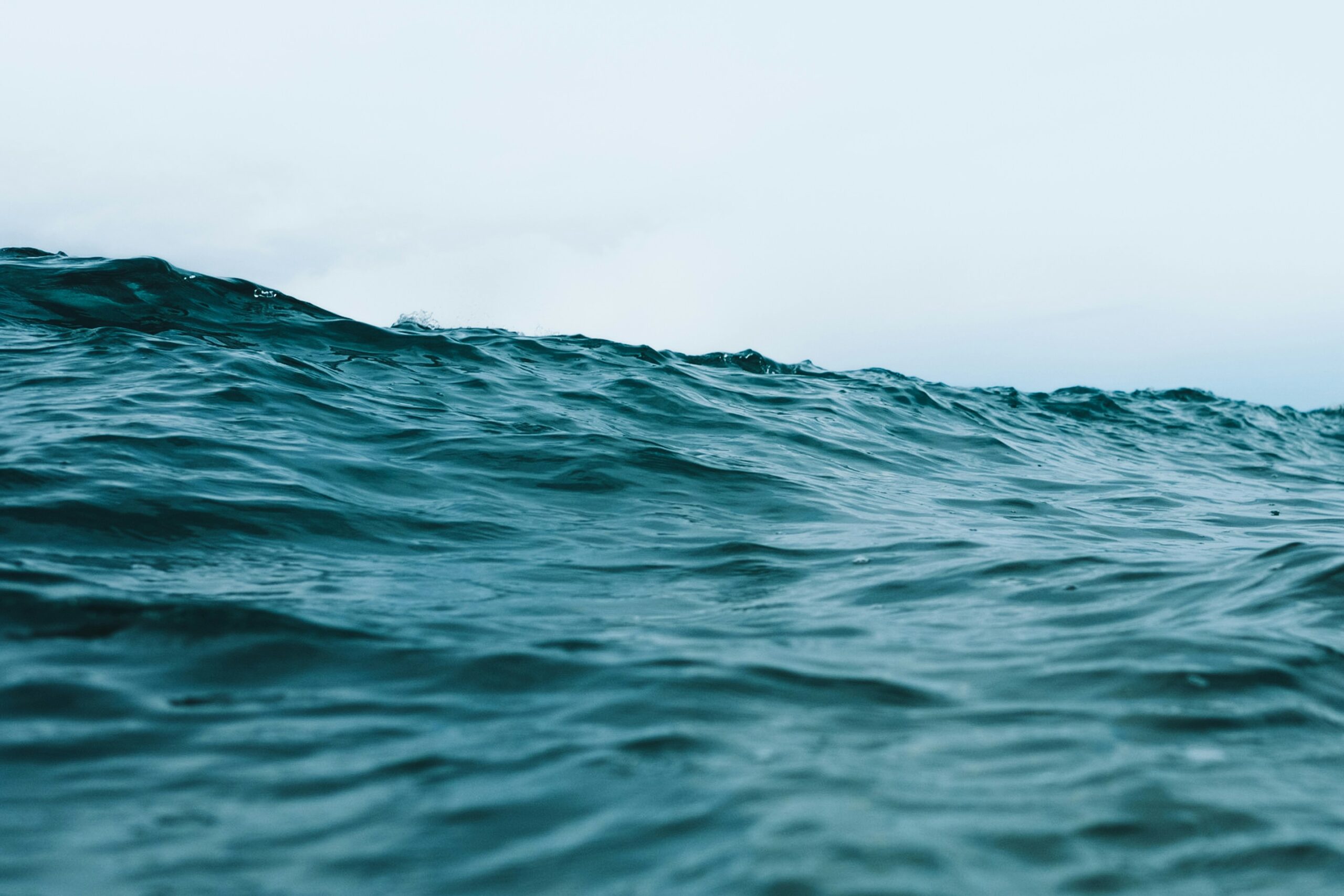

For the love of the ocean: plankton pioneers
Join us in a groundbreaking mission to heal our seas, capture carbon, and bring marine life back to full bloom — through the power of plankton.
Together, we can address the planet’s most urgent challenges.